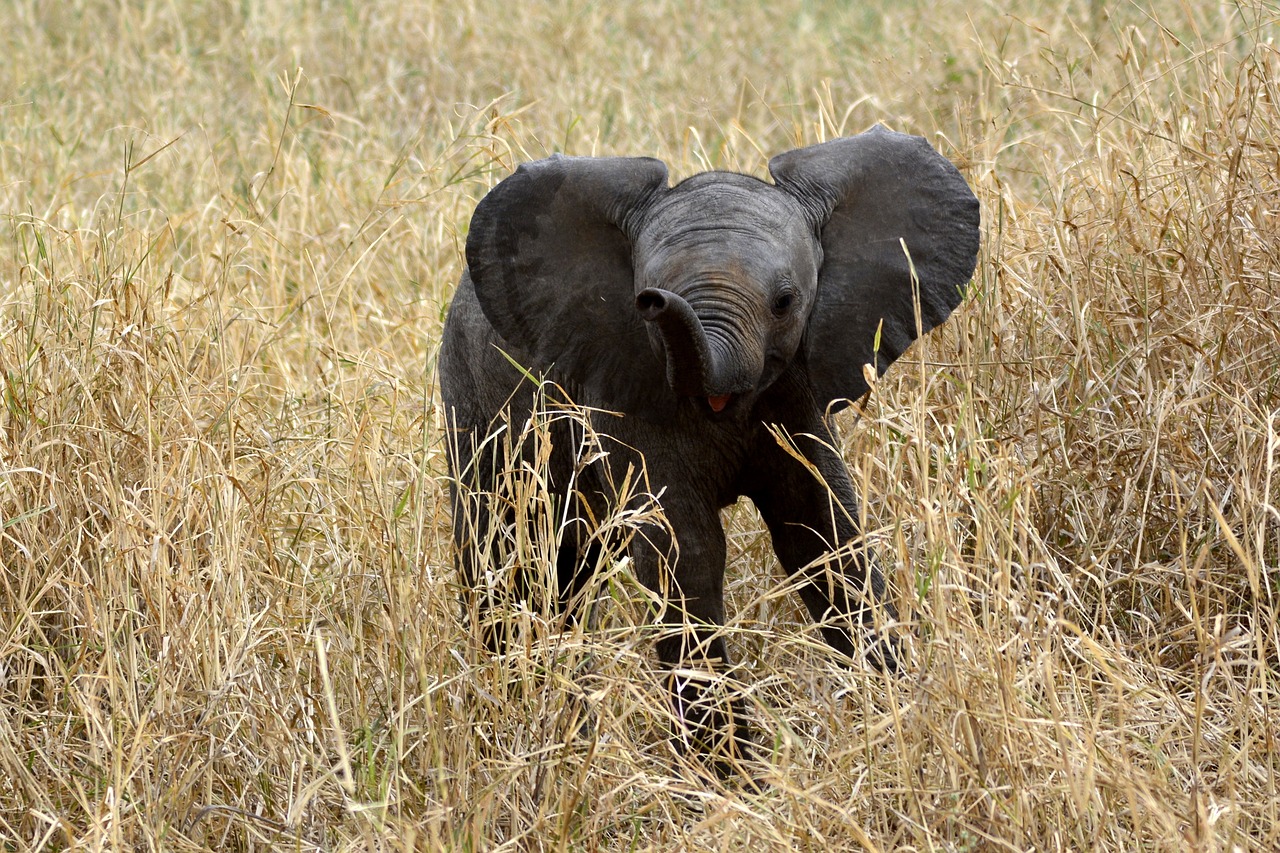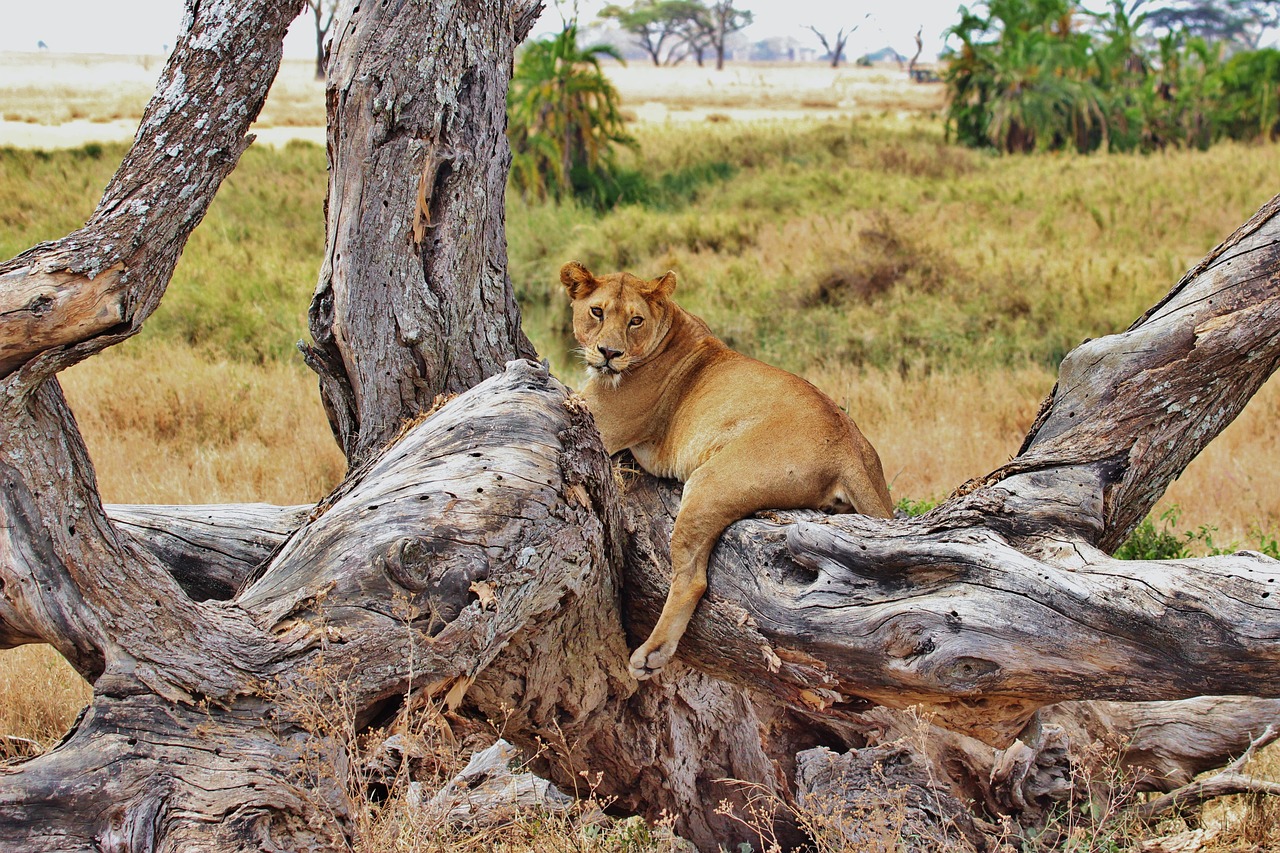Tanzania Video
Building a Routine: A Day in the Life of a Nomad in Tanzania
Tanzania, located in East Africa, is known for its diverse wildlife, stunning landscapes, and vibrant culture. For nomads seeking adventure and a unique experience, Tanzania offers a wealth of opportunities. Building a routine as a nomad in Tanzania requires careful planning and a willingness to embrace the local way of life. In this article, we will explore a day in the life of a nomad in Tanzania, highlighting the key aspects of their routine and the experiences they encounter.
Arriving in Tanzania
Upon arrival in Tanzania, nomads typically start their journey in the bustling city of Dar es Salaam or the tourist hub of Arusha. Both cities offer a range of accommodation options, including hostels, guesthouses, and hotels. Many nomads prefer to stay in Arusha due to its proximity to popular tourist attractions like Mount Kilimanjaro and the Serengeti National Park.
- Accommodation: Nomads can choose from a variety of accommodations in Arusha, ranging from budget-friendly hostels to luxurious lodges. Some popular options include the Kibo Palace Hotel, Arusha Backpackers Hotel, and The Arusha Hotel.
- Orientation: After settling into their accommodation, nomads often take some time to familiarize themselves with the city. This includes exploring the local markets, trying traditional Tanzanian cuisine, and getting to know the local customs and traditions.
- Transportation: Getting around Arusha is relatively easy, with options such as taxis, motorcycle taxis (known as “boda-bodas”), and local buses called “dala-dalas.” Nomads can also opt to hire a car or join organized tours for easier transportation to nearby attractions.
- Language and Culture: Swahili is the official language of Tanzania, but English is widely spoken, especially in tourist areas. Learning a few basic Swahili phrases can enhance the nomad’s experience and help them connect with the local community.
Exploring Arusha
Arusha serves as a gateway to many of Tanzania’s natural wonders, making it an ideal base for nomads to explore the region. From embarking on safaris to climbing mountains, Arusha offers a wide range of activities for adventurous nomads.
- Safari Adventures: One of the main attractions in Arusha is the opportunity to go on a safari. Nomads can visit the Arusha National Park or book multi-day trips to iconic destinations like the Serengeti, Ngorongoro Crater, and Tarangire National Park.
- Mount Kilimanjaro: For those seeking a physical challenge, climbing Mount Kilimanjaro is a popular option. Nomads can join guided expeditions that cater to different skill levels and choose from various routes to reach the summit.
- Cultural Experiences: Arusha is home to several Maasai communities, offering nomads the opportunity to immerse themselves in Maasai culture. Nomads can visit local villages, learn about traditional practices, and even participate in Maasai ceremonies and dances.
- Local Markets: Exploring the vibrant markets of Arusha is a must for nomads. The Maasai Market and the Central Market are popular spots to purchase traditional crafts, souvenirs, and fresh produce.
Embracing the Serengeti
The Serengeti National Park, located in northern Tanzania, is a UNESCO World Heritage Site and one of the most iconic wildlife destinations in the world. Nomads who venture into the Serengeti can witness the Great Migration, where millions of wildebeest and other animals traverse the savannah in search of greener pastures.
- Game Drives: Nomads can embark on thrilling game drives in the Serengeti, accompanied by experienced guides. These drives offer the opportunity to spot the “Big Five” (lion, leopard, elephant, buffalo, and rhinoceros), as well as other unique wildlife species.
- Hot Air Balloon Safaris: For a truly unforgettable experience, nomads can take to the skies in a hot air balloon safari over the Serengeti. The breathtaking views and the chance to observe wildlife from above make this a once-in-a-lifetime adventure.
- Camping and Lodges: The Serengeti offers a range of accommodation options, from luxury lodges to camping sites. Nomads can choose to stay in lodges that provide all the comforts of home or opt for a more rustic experience by camping under the stars.
- Cultural Interactions: Some lodges in the Serengeti organize cultural interactions with local tribes, such as the Maasai. Nomads can learn about their traditional way of life, participate in traditional dances, and gain insight into their customs and traditions.
Relaxing in Zanzibar
After exploring the wild landscapes of Tanzania, nomads often seek some relaxation and beach time. Zanzibar, an archipelago off the coast of Tanzania, offers pristine white sand beaches, crystal clear waters, and a rich cultural heritage.
- Beach Resorts: Zanzibar is dotted with luxurious beach resorts that offer a range of amenities, including private beaches, swimming pools, and spa facilities. Some popular resorts include the Z Hotel, Baraza Resort & Spa, and the Residence Zanzibar.
- Snorkeling and Diving: The waters surrounding Zanzibar are teeming with marine life, making it an ideal destination for snorkeling and diving enthusiasts. Nomads can explore vibrant coral reefs, encounter tropical fish, and even swim with dolphins.
- Stone Town: The historic center of Zanzibar City, known as Stone Town, is a UNESCO World Heritage Site. Nomads can wander through its narrow streets, visit historic sites like the House of Wonders and the Old Fort, and indulge in the local cuisine.
- Spice Tours: Zanzibar is famous for its spice production, and nomads can embark on guided spice tours to learn about the island’s rich spice heritage. These tours offer the opportunity to see and smell a variety of spices, such as cloves, cinnamon, and vanilla.
Tanzania Image 1:

Exploring the Cultural Heritage
Tanzania is not only known for its natural beauty but also for its rich cultural heritage. Nomads can delve into the diverse cultures and traditions of Tanzania by visiting cultural centers and participating in local events.
- Museums and Cultural Centers: Tanzania is home to several museums and cultural centers, providing insight into the country’s history and traditions. The National Museum of Tanzania in Dar es Salaam and the Arusha Cultural Heritage Center are popular destinations.
- Local Festivals: Throughout the year, Tanzania celebrates various festivals that showcase different aspects of its culture. Nomads can join in the festivities of events like the Zanzibar International Film Festival, the Ngorongoro Marathon, and the Bagamoyo Arts Festival.
- Traditional Music and Dance: Music and dance play a significant role in Tanzanian culture. Nomads can attend performances by local musicians and dancers, such as the ngoma dance performed by the Makonde people or the taarab music of Zanzibar.
- Homestays: For a more immersive cultural experience, nomads can opt for homestays with local families. This allows them to live with Tanzanian families, participate in daily activities, and gain a deeper understanding of the local way of life.
Tanzania Image 2:

Connecting with Nature
Tanzania’s natural beauty extends beyond its famous national parks. Nomads can explore the country’s lesser-known natural wonders, including stunning lakes, majestic mountains, and picturesque waterfalls.
- Lake Manyara: Located at the foot of the Rift Valley, Lake Manyara is a scenic destination known for its abundant birdlife and tree-climbing lions. Nomads can take boat trips on the lake or enjoy game drives in the nearby national park.
- Mt. Meru: For those seeking a less challenging alternative to Mount Kilimanjaro, Mt. Meru offers a rewarding trekking experience. Nomads can hike through lush forests, spot wildlife, and enjoy panoramic views from the summit.
- Udzungwa Mountains National Park: This national park is a hidden gem, known for its pristine rainforests and stunning waterfalls. Nomads can embark on hiking trails, swim in natural pools, and encounter unique flora and fauna.
- Arusha National Park: Arusha National Park is a compact yet diverse park that offers breathtaking views of Mount Meru and Kilimanjaro. Nomads can enjoy game drives, walking safaris, and even canoeing on Momela Lakes.
Tanzania Image 3:

Conclusion
Building a routine as a nomad in Tanzania is an exciting and enriching experience. From exploring the wildlife-filled plains of the Serengeti to relaxing on the idyllic beaches of Zanzibar, Tanzania offers a diverse range of activities and attractions. By immersing themselves in the local culture, connecting with nature, and embracing the unique opportunities Tanzania presents, nomads can create a fulfilling and memorable experience.
References
– National Museum of Tanzania: www.museumtz.org
– Arusha Cultural Heritage Center: www.arushaculturalheritage.com
– Z Hotel: www.thezhotel.com
– Baraza Resort & Spa: www.baraza-zanzibar.com
– The Residence Zanzibar: www.theresidence.com
– Arusha Backpackers Hotel: www.arushabackpackers.com
– Kibo Palace Hotel: www.kibopalacehotel.com
– The Arusha Hotel: www.thearushahotel.com


